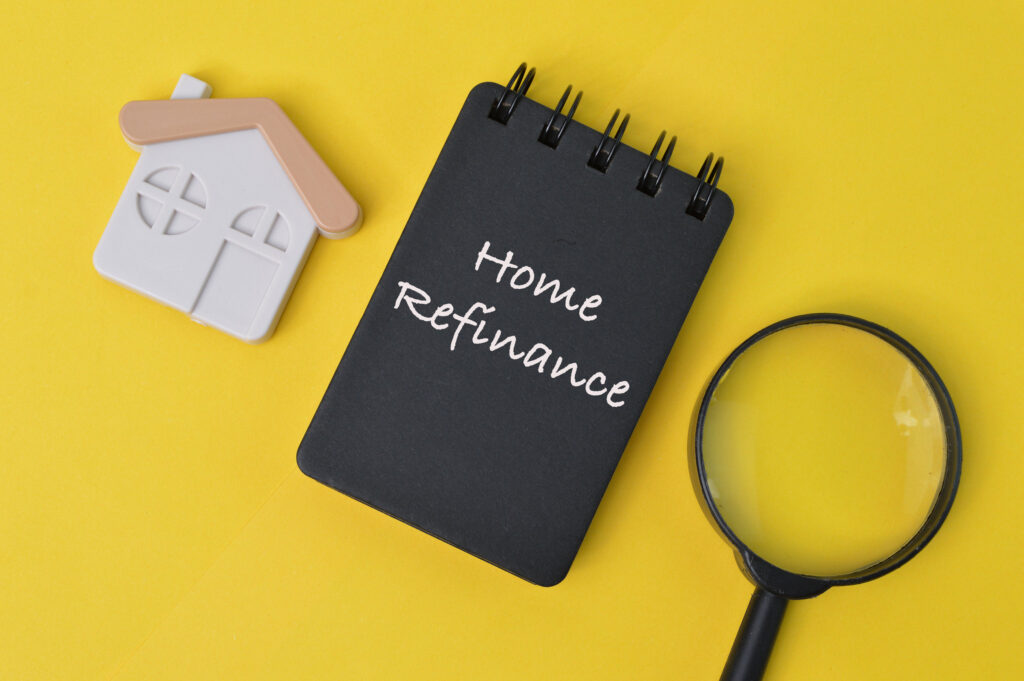
With mortgage rates starting to rise, those who didn’t refinance their mortgage in the last few years may worry they’ve missed the boat. However, there are situations where doing a cash-out refi now may not be the worst choice. If you’re trying to decide whether moving forward is wise, here’s what you need to know.
Is This the Right Time to Do a Cash-Out Refi?
The Benefits of Doing a Cash-Out Refi Now
In many cases, the main goal of a cash-out refi is to secure funds for another purpose. For example, you might want to tackle some home improvements, consolidate debt, or handle a large purchase without needing to turn to personal loans.
By doing a cash-out refine now, you’re able to achieve your broader goals. That alone could make now a decent time to move forward.
Additionally, while interest rates are rising, many homeowners have rates above what they could secure today. If you’ve got a rate above 6 percent and your credit is far stronger than it was when you first secured a mortgage, you might be able to capture a lower rate when you refi.
In some cases, a cash-out refi now could lead to a lower monthly payment. If you secure a lower interest rate and reset your repayment term to 30 years, you may find yourself paying less each month than you otherwise would. If your budget is tight, that could be beneficial.
The Drawbacks of Doing a Cash-Out Refi Now
By moving forward with a cash-out refi now, you’re not necessarily getting the best rate. If your current mortgage is below 5 percent, securing a rate below that might be challenging, if not impossible, in the current market. Since that’s the case, you may be better off looking at alternatives if your rate is below what you could get today.
When you move forward with a cash-out refinance, you typically have to pay a range of fees, too. Along with loan origination fees, you may encounter appraisal fees, closing costs, and more. In some cases, those fees over set or exceed any potential interest savings. Plus, for those you can’t roll into the loan, you may need to come up with a decent amount of cash to cover them, which may not be easy.
A cash-out refinance also comes with a few other drawbacks. Any hard pull on your credit report could lead to a short-term score dip. Additionally, a refi will reduce the average age of your accounts, as you’re replacing an existing loan with a fresh one. However, depending on your credit history, the impact may only be minor.
How to Decide Whether a Cash-Out Refi Is Right for You
Whether doing a cash-out refi now is the right choice depends on your situation. If your interest rate is above 6 percent and your credit score has improved, you may still get a reduced rate now, even with interest rates increasing. In fact, by not waiting, you could hop in before rates go up further, giving you the best chance to save.
A cash-out refi may allow you to avoid higher-cost financing, too, like personal loans or credit card debt. In that case, it’s certainly worth considering as long as your interest rate on your mortgage won’t rise.
However, if your interest rate is below 5 percent currently, you’re likely better off leaving your current mortgage in place. That way, you can maintain a low rate on what can be an expensive loan. Plus, alternatives like a home equity loan or line of credit could still allow you to tap equity and get a competitive rate, all without a full-blown refinance.
Do you think now is the right time to do a cash-out refi ? When it comes to refinance vs. home equity loan, which do you think is the best move today? Share your thoughts in the comments below.
Read More:
- Don’t Be Afraid to Refinance: 6 Options to Meet Your Financial Needs
- 5 Things to Do Before Applying for a Mortgage
- Save Money on Your Mortgage by Negotiating These Fees
Tamila McDonald is a U.S. Army veteran with 20 years of service, including five years as a military financial advisor. After retiring from the Army, she spent eight years as an AFCPE-certified personal financial advisor for wounded warriors and their families. Now she writes about personal finance and benefits programs for numerous financial websites.